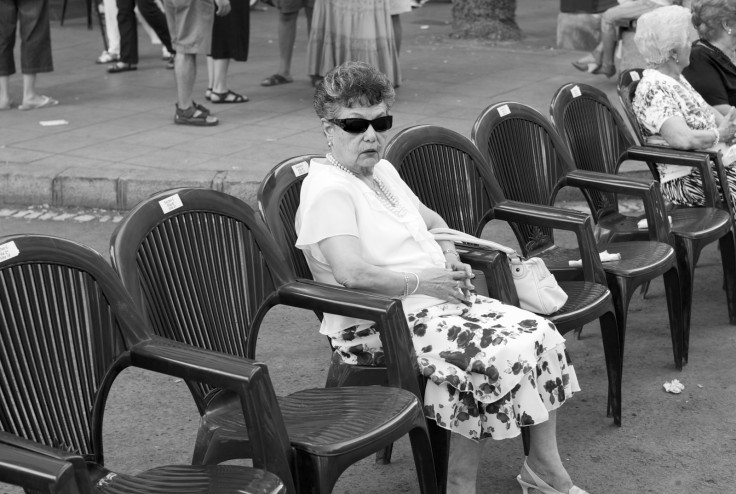Loss of sense of smell linked to increased risk of early death
Losing your sense of smell in middle or old age has been linked to a higher risk of earlier death.
The loss of olfaction, or sense of smell, has previously been seen as an early marker for dementia. Authors of a new study now say that there is also a risk of early death associated with loss of sense of smell that has nothing to do with dementia.
The findings, published in the Journal of the American Geriatrics Society, suggest that olfaction plays an important role in several aspects of older people's health.
"Sense of smell affects well-being in old age, and we think it is an indicator of the health status of the brain," study author Jonas Olofsson of Stockholm University, Sweden, told IBTimes UK.
A total of 1,774 people between the age of 40 and 90 at the start of a 10-year study were tested for their sense of smell. They had to identify 13 different household odours in a multiple-choice test, and given four options to choose between for each odour.
Several factors were adjusted to make sure that the scientists were honing on the effects of smell rather than another factor. The known influence of age, sex, education and health-related and cognitive abilities was controlled for. After accounting for the effects of these factors, there was still an association between sense of smell and likelihood of surviving for more than 10 years.
The study found that participants' scores at the first test at the beginning of the study could be used to predict their risk of death within 10 years. People who could more accurately identify the household smells were more likely to survive. A total of 411 people, or 23.3% of the participants, died before the end of the study.
A mechanism behind this association is not yet known.
"We might speculate that sense of smell is vulnerable to a declining cell regeneration in the last decade of life. More research is needed to pinpoint the biological explanation," Olofsson said.
"We need to develop better methods to understand the different reasons why more than half of elderly individuals have a compromised sense of smell."

The next stages of the research are to test whether improving people's sense of smell in later life through training has an influence on their overall health and cognitive abilities.
The results come as another paper published in the journal Scientific Reports finds that older women with a poorer sense of smell also tend to have fewer social connections. The study of more than 3,000 US adults between the ages of 57 and 85 found that women's ability to identify odours in a test was linked to how active their social lives were.
"You hear anecdotal accounts from women who have lost their sense of smell about having fewer friends than they had previously," said study author Johan Lundström of the Monell Chemical Senses Center in Philadelphia, US. "We hope our findings can help reassure them that they are not alone in feeling that way."
© Copyright IBTimes 2025. All rights reserved.






















